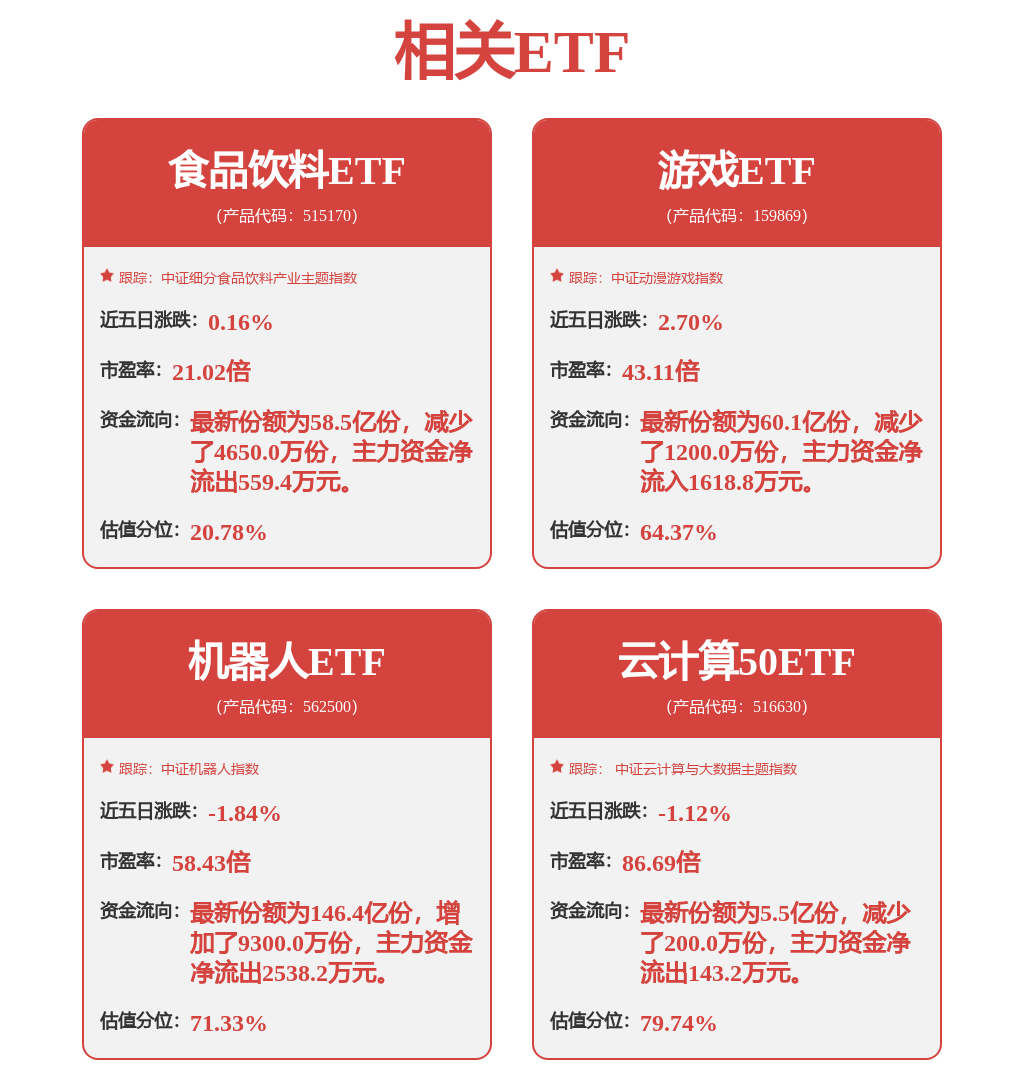Wall Street drops as fears of less Fed stimulus mount
NEW YORK (Reuters) - Stocks dropped 1 percent on Wednesday, extending a recent selloff, as investors grappled with concerns that the Federal Reserve may begin to scale back its bond-buying stimulus while the economy is still sluggish.
Selling was broad-based, with all but two of the S&P sectors down more than 1 percent. The materials index fell 2.1 percent as the day's worst performer. Decliners outpaced advancers on the New York Stock Exchange by more than 4 to 1.
Analysts said recent selling could suggest the market may be moving away from its seven-month rally. The benchmark S&P 500 has now fallen 3.6 percent since its all-time closing high on May 21, a day before Fed Chairman Ben Bernanke said the U.S. central bank may decide to taper its stimulus in the next few policy meetings if data shows the economy is gaining traction.
"I think we're to the point where there hasn't been a whole lot of good news, and the level of concern regarding the Fed's action is kind of overwhelming and has set up a modest tone consistent with a pullback," said Fred Dickson, chief market strategist at D.A. Davidson & Co. in Lake Oswego, Oregon.
One strong signal of a change in trend has been the rotation out of interest-rate sensitive stocks, which has coincided with a rise in U.S. Treasury bond yields, Dickson said. Those stocks had been among the biggest gainers in this year's rally. The S&P 500 utilities sector is down 7.4 percent since May 21.
The Dow Jones industrial average was down 216.95 points, or 1.43 percent, at 14,960.59. The Standard & Poor's 500 Index was down 22.48 points, or 1.38 percent, at 1,608.90. The Nasdaq Composite Index was down 43.78 points, or 1.27 percent, at 3,401.48.
The Dow and Nasdaq registered their biggest percentage drops in about six weeks, while the S&P 500 came close to breaking below its 50-day moving average at 1,604, a possible signal of more bearish sentiment.
Economic data has been mixed, which has left investors caught between fears the Fed will reduce its stimulus and worry that the economy is still weak.
A private sector report showed companies had picked up the hiring pace in May, though job growth remained sluggish. The Fed's Beige Book report did little to change the day's trend.
The report said the economy expanded at a "modest to moderate" pace since mid-April while hiring remained relatively subdued.
The government's monthly employment report, a key economic indicator, is scheduled for Friday.
Apple shares fell 0.9 percent to $445.11 after Samsung Electronics scored a victory in the rivals' long-running dispute over mobile device patents.
In a bearish signal, put option activity increased across all sectors of exchange-traded funds. Large blocks of June and July puts were bought on the Materials Select Sector SPDR , said WhatsTrading.com options strategist Frederic Ruffy. Shares of the ETF closed down 2.2 percent at $39.55.
"This appears to be mostly protective put buying to hedge portfolios on fears of further market volatility," Ruffy said. Puts, which convey the right to sell an underlying security at a fixed price by a certain date, are often used to protect an investor's holdings against adverse moves.
A total of 4.87 million puts and 3.08 million calls changed hands in the ETF sector on Wednesday, above the combined recent daily average of 6.32 million contracts, according to options analytics firm Trade Alert.
In the SPDR S&P 500 Trust , traders exchanged a total of 3.76 million contracts, with puts outpacing calls by a factor of nearly 2 to 1, data from Trade Alert show. The most active option was the June $160 strike put, with volume of 149,195 contracts traded. Shares closed down 1.5 percent at $161.18.
Volume was roughly 7 billion shares traded on the New York Stock Exchange, the Nasdaq and the NYSE MKT, above the average daily closing volume of about 6.36 billion this year.
Decliners outpaced advancers by more than 3 to 1 on the Nasdaq.
(Additional reporting by Doris Frankel; Editing by Kenneth Barry)
(c) Copyright Thomson Reuters 2013. Check for restrictions at: http://http://www.zjjv.com///fulllegal.asp




